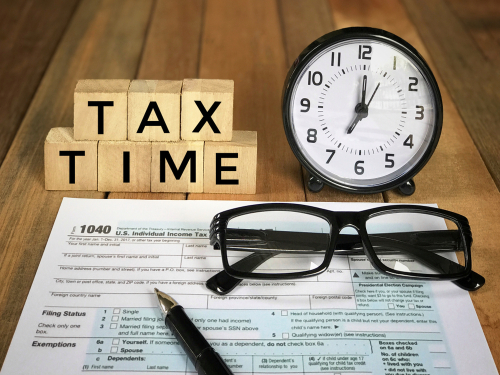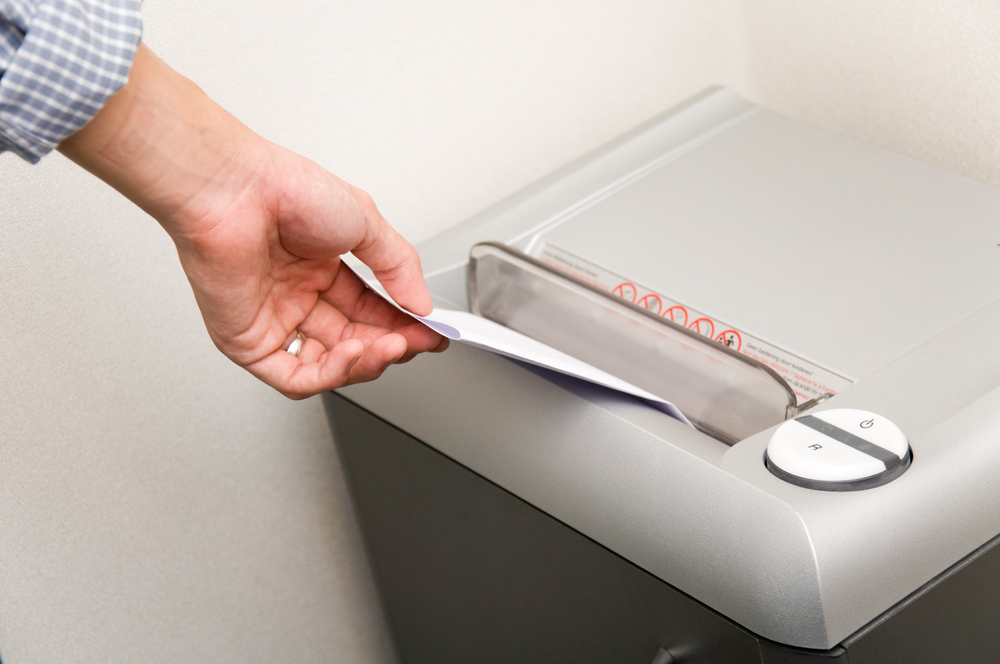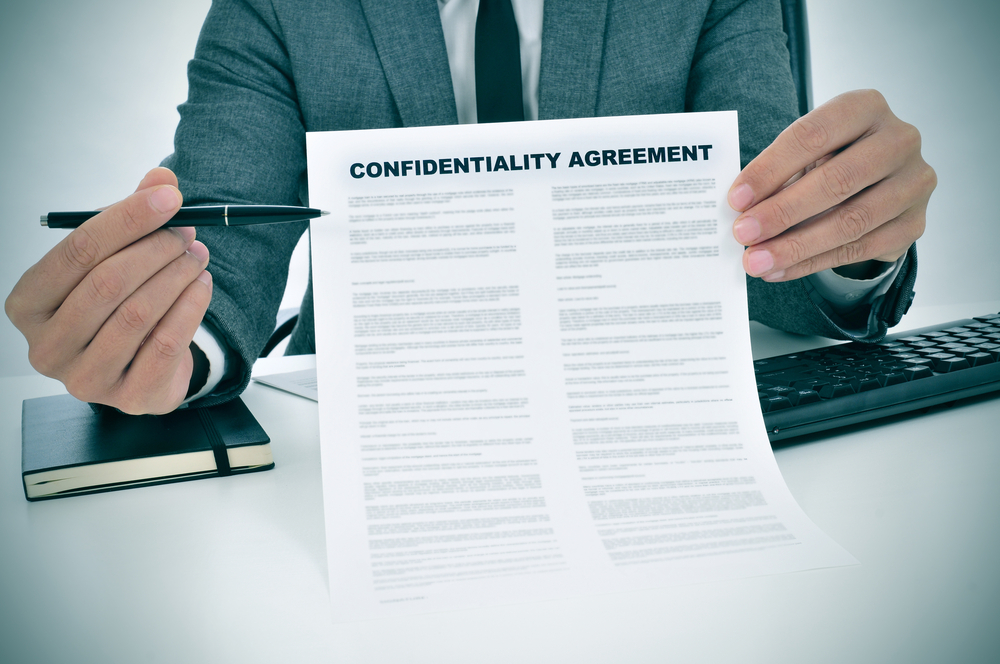Even for those getting refunds, it’s not always easy to gear up for tax season. The sheer volume of questions and documents can be enough for anyone to put it off until the last minute. One way that you can streamline the process for yourself (and reduce your odds of identity theft at the same time) is to dispose of the documents that you don’t need. How long should you keep your tax returns? We’ll look at the recommendations and how you can start dividing the piles so there’s less to keep track of.
Shredding Tax Documents
Here are few rules of thumb as you go through your old information:
- Receipt duplicates: You don’t need duplicates of tax-related expenses, so these can be the first thing to go.
- Unrelated receipts: Anything that isn’t directly related to your taxes can be shredded. (This includes medical receipts.)
- Old Social Security statements and pay stubs: This information is already on your filed tax forms, so you will not need in case of an audit.
Many people will keep their documents simply because they don’t want to go through each one. However, this ultimately does you a disservice because it will only be that much more difficult to go through later on. Lightening your load of all the old stuff just makes it easier to ensure that the new stuff doesn’t fall through the cracks.
Tax Season
Every person has different thoughts when it comes to how long to keep tax records, but the idea is to keep income-related documents for at least three years. This includes interest, capital gains, or dividend statements. Experts recommend hanging onto W2s, 1099s, 1098s, eligible expenses, charitable contribution receipts, and retirement-savings plan contributions for the same time period. If you believe you might be at risk of being investigated for underreporting your income, maybe you’re self-employed or received an inheritance, you should retain your tax documents for 6 years. (Auditors have the right to search this far back if they have reason to suspect that you didn’t declare 25% or more of your yearly take-home.) Finally, if you’re writing off a bad debt or security or you’ve been paying taxes to foreign governments, you should keep these documents for seven and 10 years respectively.
Contact Royal Document Destruction
Keeping tax documents for the recommended time period is a smart move not just to avoid punishment from the IRS, but also to potentially receive credits. For instance, in the case of foreign taxes, you might be eligible for a serious credit or deduction, which can be good news if you’re filing an amended return several years down the line. Just remember, it’s equally important to get rid of the things that you don’t need. If you’re wondering how to dispose of old tax returns, Royal Document Destruction has a methodology that won’t let you down. We take all precautions needed to destroy your documents so there’s no hope of anyone getting their hands on them. If you’re interested in learning more about how shredding taxes can be beneficial to both your finances and your personal life, contact us today to learn more about our services.







